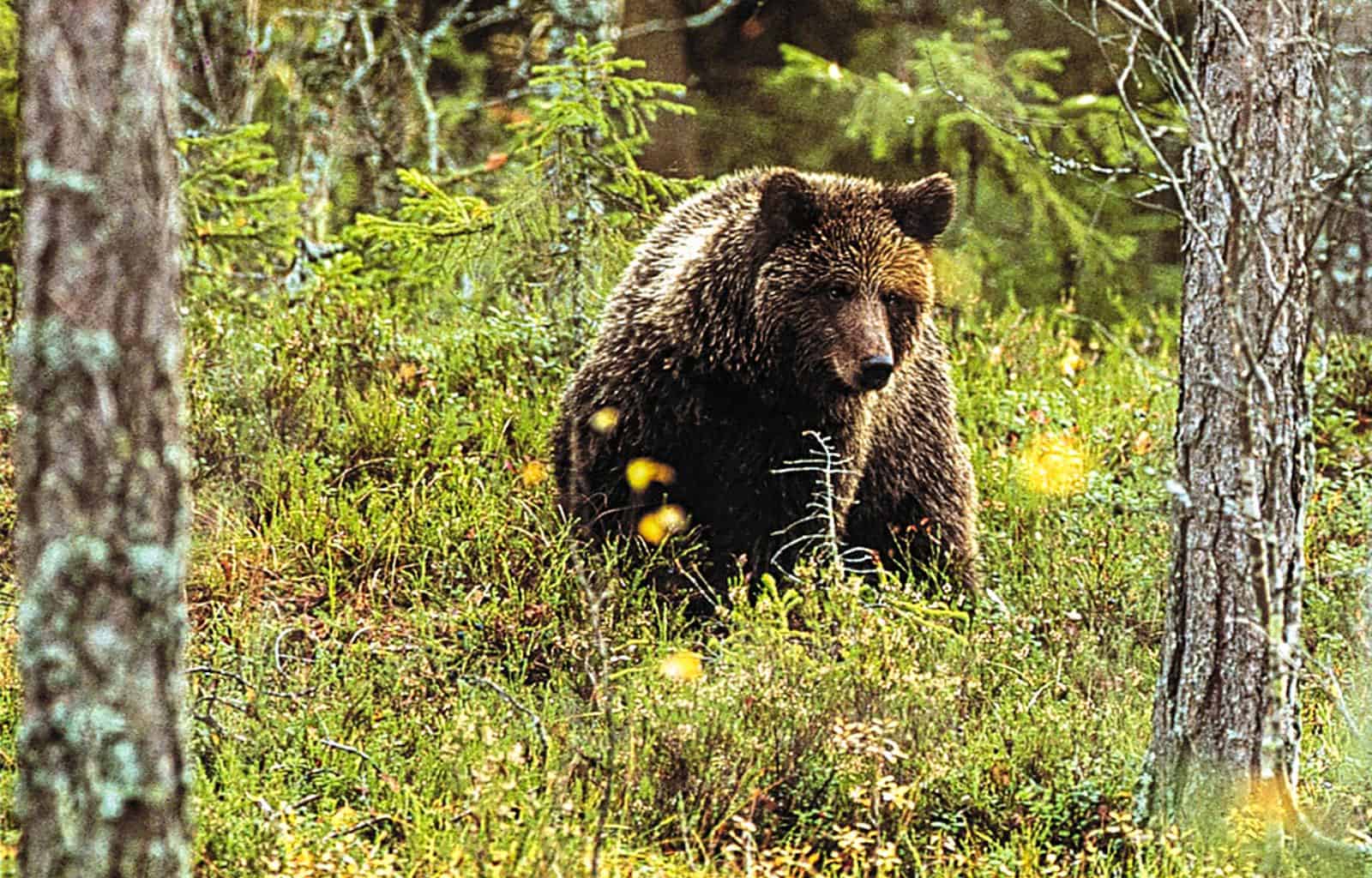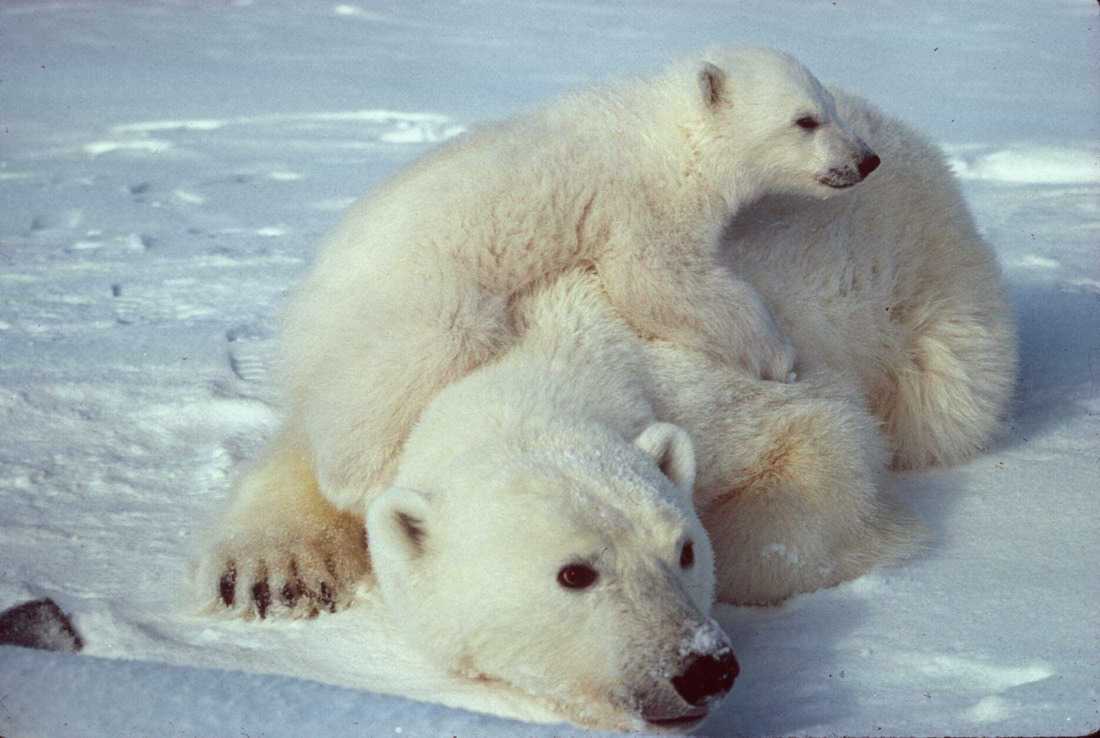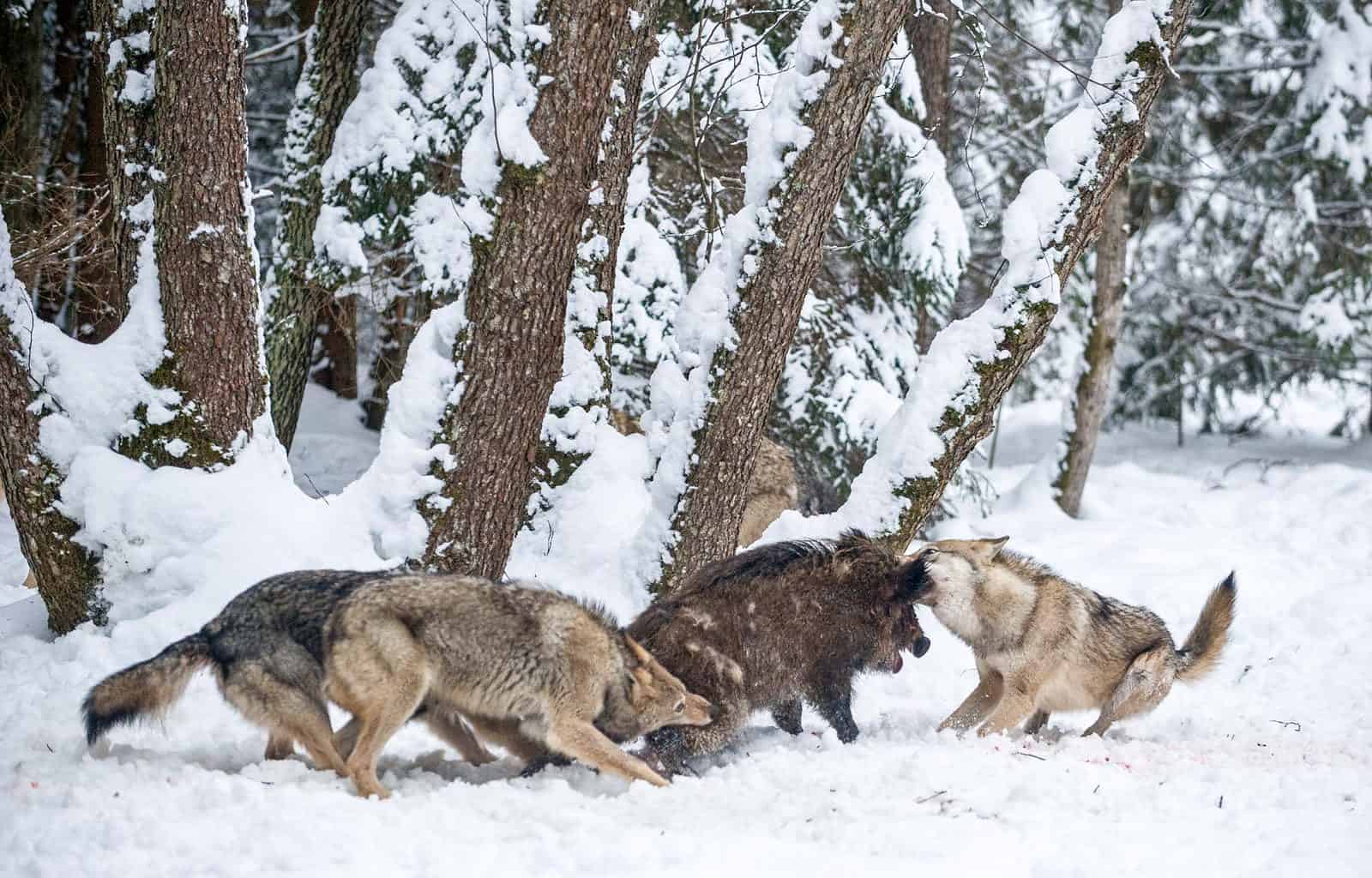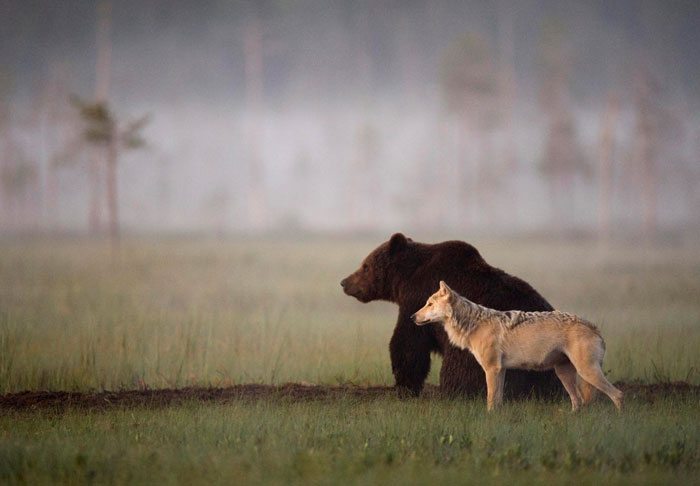Bears can negatively impact lynx population
In conservation it is crucial to understand the interactions between species, as they can change the dynamics of animal communities. Research (Krofel and Jerina, 2016) has shown that bears affect lynx through kleptoparasitism – stealing their prey.
Lynx and brown bears are both top predators in European ecosystems. Additionally, both populations are protected by the Habitats Directive, hence countries should work on having favourable population status of both species. However, conservation actions for bears also affect lynx, therefore interactions between them need to be accounted for.

In Slovenia, there are about 800 bears and only a handful of lynx, between 15 and 20. Bears are stealing lynx’s prey, which leads to lynx increasing their kill rate by 23%. This could have a negative impact on lynx population, as together with a higher risk of hunting injuries it could lead to lower lynx survival. Considering that lynx are an endangered species in Slovenia, even a small negative impact on their population could have a significant effect for their conservation.
Supplementary feeding of bears increases the negative impact
While it is an ongoing debate if humans should intervene in the feeding of carnivores considering the overabundance of wild game in our forest, it is nevertheless often done.
Bears steal between 8% – 74% of lynx prey. The rate also depends on bear movement rate and proximity of supplementary feeding sites. For example, up to 1 km away from the feeding sites, the odds for kleptoparasitism are five times higher. Thus, by supplementary feeding bears the negative effect bears have on lynx is strongly increased. Furthermore, supplementary feeding shortens the bear denning period, which further increases lynx prey losses.
Bears stealing prey from lynx is a natural interaction
Even though bear kleptoparasitism negatively affects lynx conservation, it is a natural interaction, therefore it should not be prevented. However, by changing the pattern of supplementary feeding, nature conservationists believe the can help the lynx population. Therefore, a reduction in the number of feeding sites and the amount of food given to bears would likely benefit lynx. Additionally, supplementary feeding is likely one of the reasons for the extremely high population growth rate of Slovenia’s bears. Thus, by a reduction in feeding would result in a slow down of the bear population growth to a more natural rate thus causing the lynx to benefit from the lower density of bears in their habitat.
As it is often the case, human good intentions in nature often cause havoc and creates new issues. Wilderness is based on the principle that nature is best served by us humans not intervening and in case where we think we must to be on the conservative side and limit our interventions.








